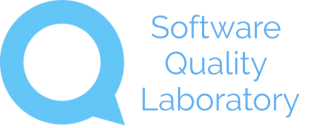The Software Quality and Human-Computer Interaction Laboratory can be a valuable partner for:
- Designing a Quality Plan for a project and assuring software quality of a product, using the appropriate methods, metrics, and tools.
- Providing guidelines for User-Centered Design of Interactive Software, assisting on Interaction design and involving users from the early stages of development.
- Evaluating User Experience, using formative and summative evaluation methods, including laboratory methods (eye-tracking, stress measurements), analytical methods (using UI efficient analysis software) and inquiry methods.
Projects running now:
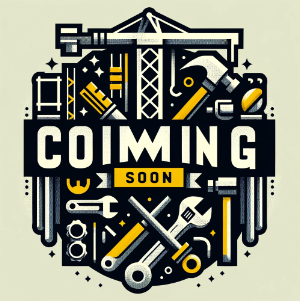
The GUESS project, short for Gamified User-centered Environmental Sustainability for university Students, is designed to immerse university students in environmental sustainability through a unique gamified environment. By integrating digital learning with sustainability education, GUESS aims to enhance students’ understanding of and engagement with crucial sustainability principles. Through interactive, gamified experiences, the project endeavors to cultivate a generation of students well-equipped with the knowledge and skills necessary for fostering a sustainable future.
Project’s website: https://guess-project.eu/


The aim of SAINT project is to combine Artificial Intelligence technologies with primary education using Minecraft.
In primary education, AI can be integrated into learning activities through the use of games like Minecraft. This popular sandbox video game allows students to create and explore their own virtual world, and can be used to teach various subjects including computer science, mathematics and engineering.
Project’s website: https://saint.erasmusplus.website/
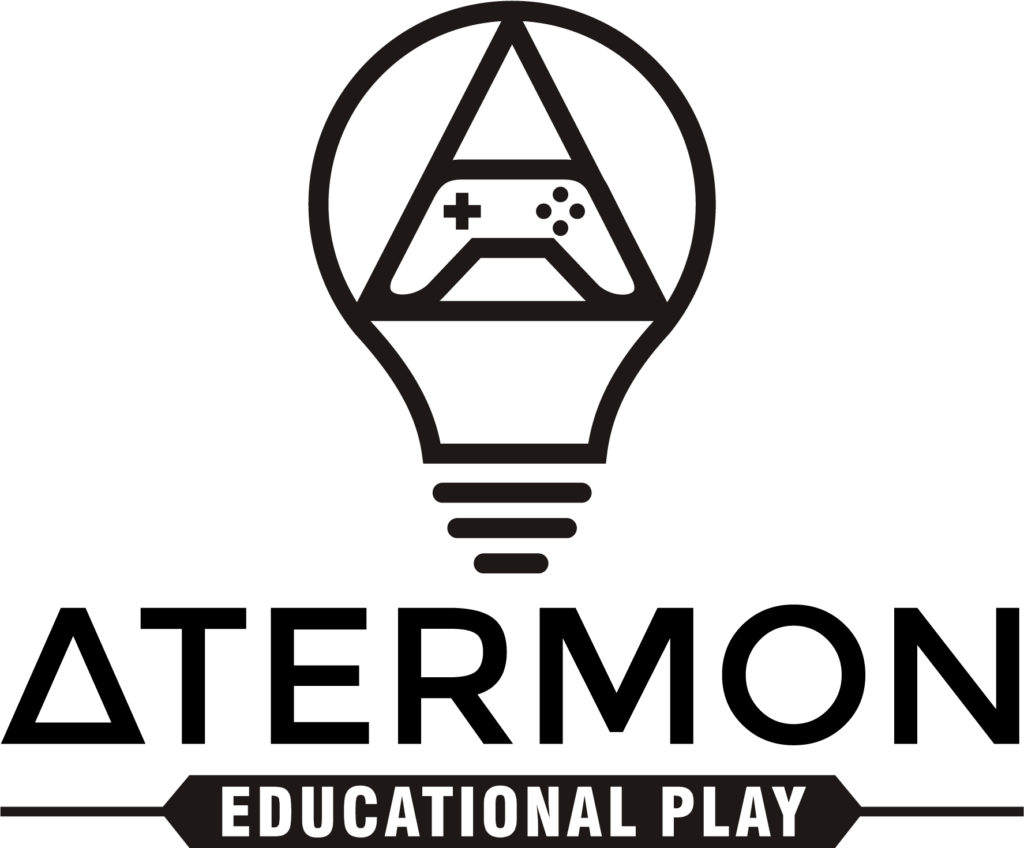
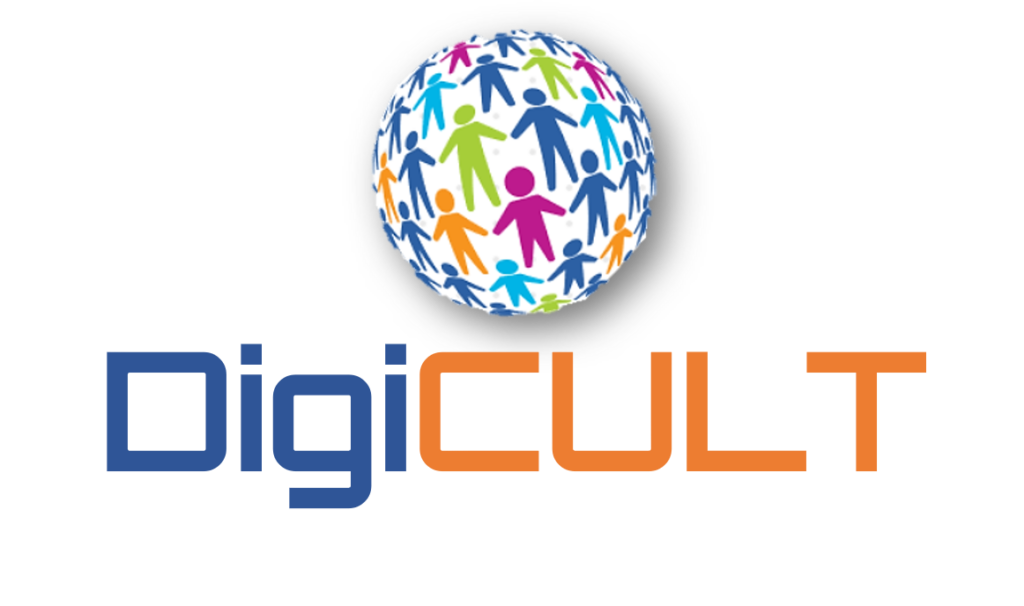

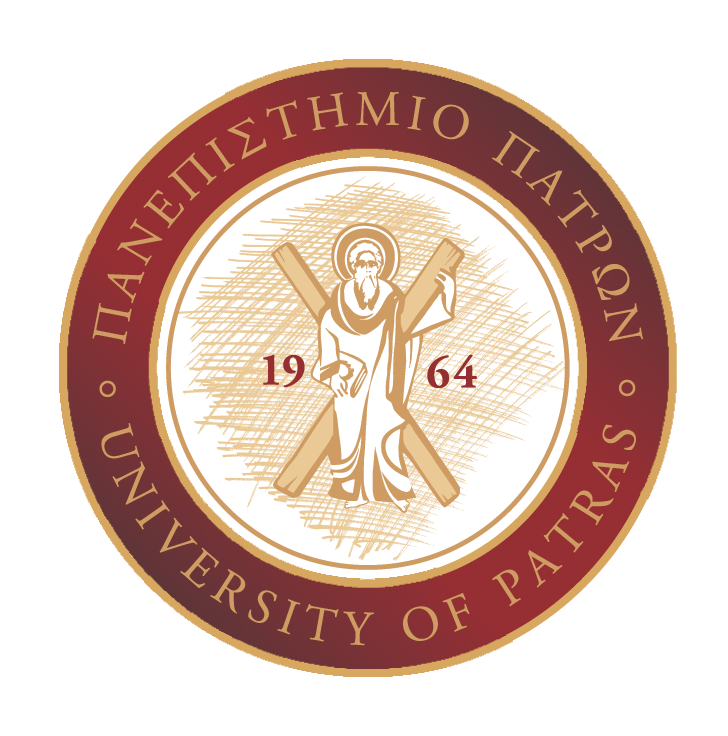
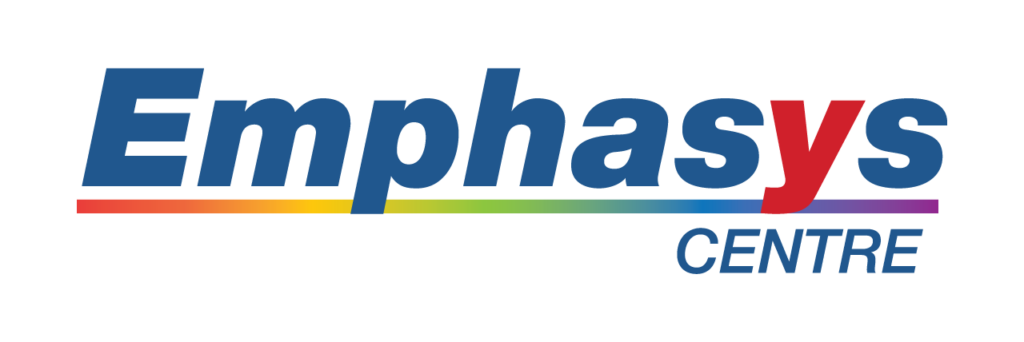

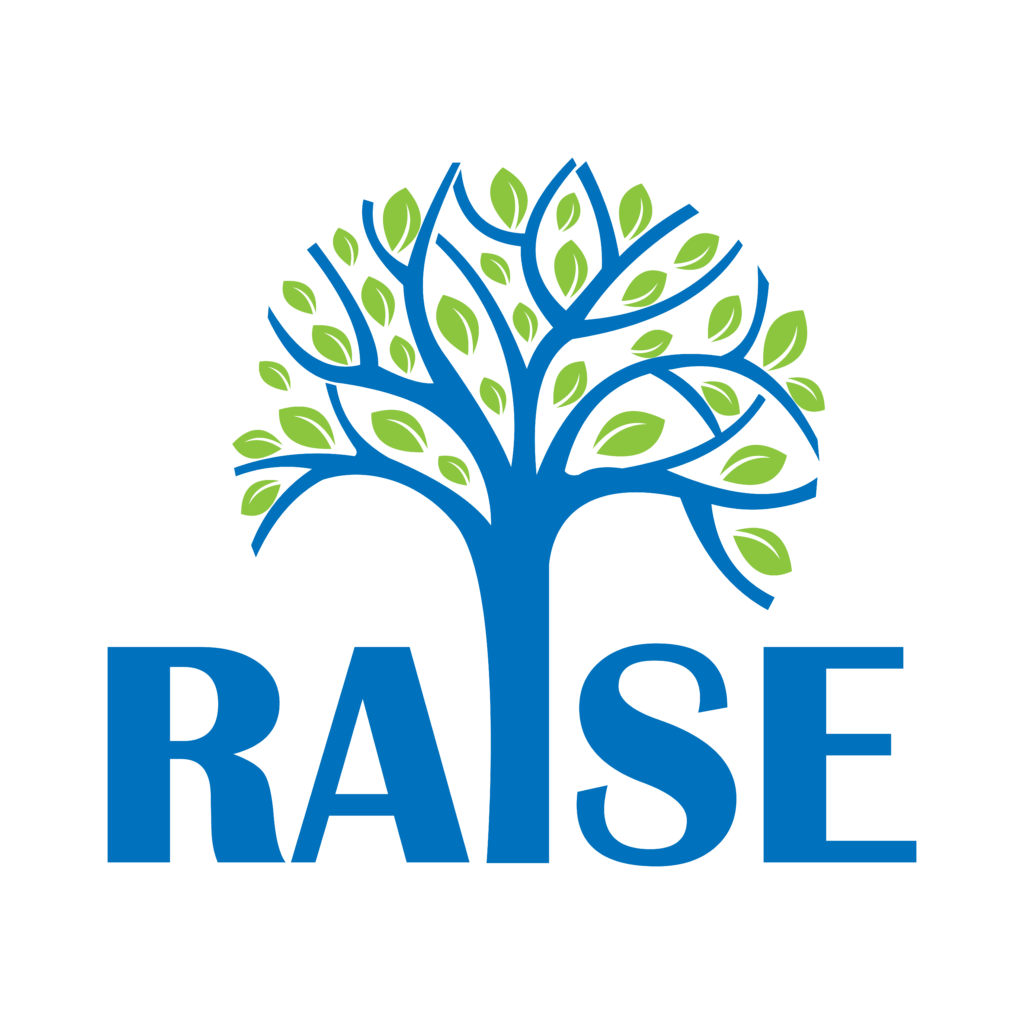
The aim of RAISE project is to raise environmental awareness and knowledge awareness at schools students through the use of a 3D virtual world learning environment.
RAISE team will create scenarios and activities that will engage school students to interact with real-time green challenges that will enhance critical thinking and communication skills in order to create the adults of the future.
Project’s website: https://raise-environment.eu


The aim of D-PBL project is to combine digital teaching-learning with project-based learning, applied in an international context.
The objectives of D-PBL project ground on three dimensions: give sense to the technical skills by providing a real context to the learning path, give effective business-useful digital competencies, and integrate students in real multi-national teams.
Project’s website: https://d-pbl.eu/


The GameWork project aims to help alleviate students’ reluctance to do homework by developing a gamified environment for organising homework that will use gamification techniques to engage and motivate students to do their homework.
The proposed gamified homework environment will allow the easy creation of gamified experiences independent of the specifics of each course, thus providing a versatile educational tool encouraging the take-up, use, and adoption in all schools regardless of the courses they provide. This goal will be achieved by eliminating the difficulties of creating educational games that incorporate all the learning content and by associating the gamified elements with the homework activities
Project’s website: https://game-work.eu/

Projects recently finished:

G-Guidance is an ERASMUS+ financed project that proposes an innovative career guidance methodology to be used in school setting.
This methodology is based on the combination of evidence-based career guidance models and methods and a gamified digital platform, that will make career guidance more appealing and motivating for youths (13 and 17 years old).
Project’s website: https://g-guidance.eu/


Play project’s objective is to design and develop a 3D virtual world using the potential of a gamification-based approach in which university students will anonymously engage in activities that will help them be better prepared for University curricular activities and ultimately help them reduce anxiety while simultaneously monitor their mental health.
Project’s website: https://play2fightanxiety.eu/


The CityGo project aims to develop methodology and materials that enable higher education institutions (HEIs) to perform quality and engaging problem-based learning in a digital environment. During this project consortium will develop a methodology of efficient teaching/learning in collaborative online communities, where students will solve particular societal challenges on Sustainable City. The community will offer to their members (students and lecturers) a digital content library on relevant topics and a collaborative online platform, where members will meet each other and solve various issues.
Project’s website: https://citygo-project.eu/


The main objective of the POSITIVE project is to design and develop a 3D Virtual World Learning Environment (VWLE) using the potential of a gamification-based approach in which school students will engage in activities that will help them be better prepared for various curricular activities that induce stress and ultimately help increase their stress awareness and enhance their stress coping mechanisms.
Project’s website: https://positivelearning.eu/

